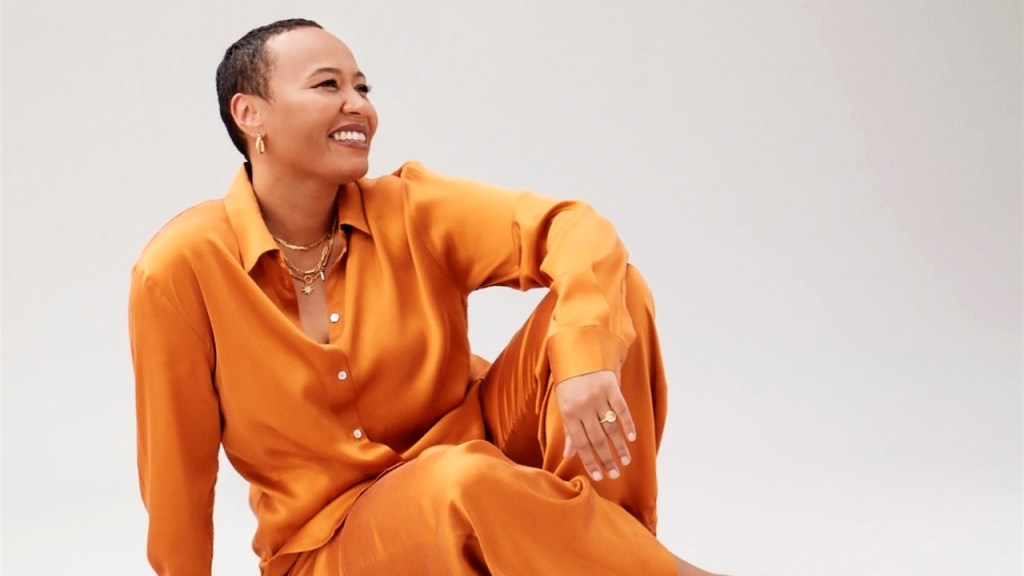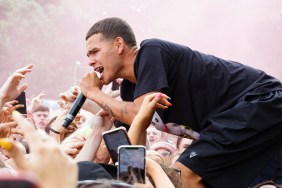The Scottish pop-soul superstar Emeli Sandé is relaunching her career with Let’s Say For Instance, a sweeping album presaged by the vocoder-funk of lead single ‘Family’.
Sandé, whose first name is actually Adele, grew up in rural Alford. She relinquished a medical vocation for music, initially working as a songwriter. A pianist, Sandé formed a pivotal partnership with rising producer Shahid “Naughty Boy”…












